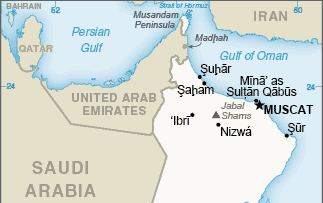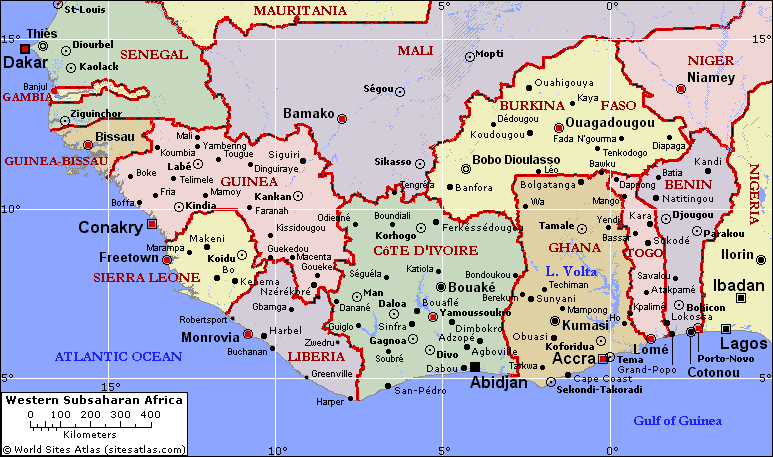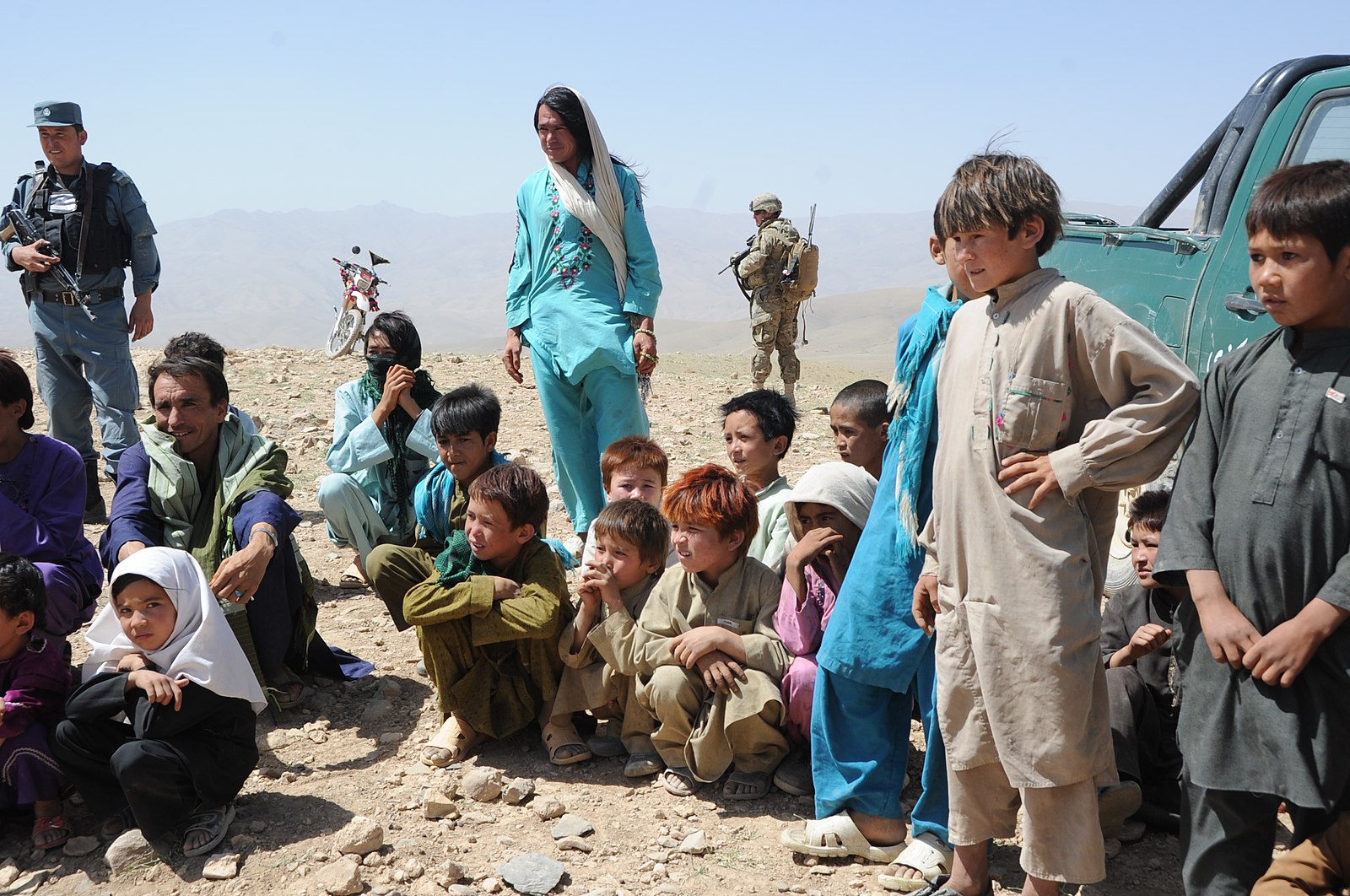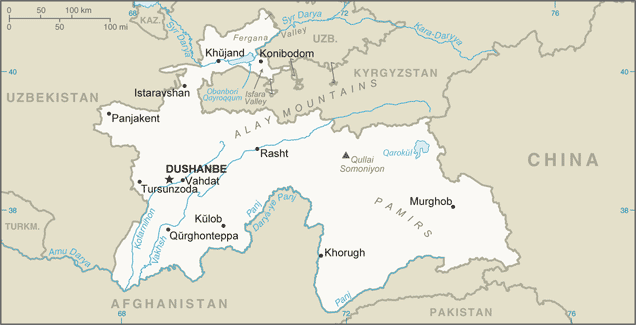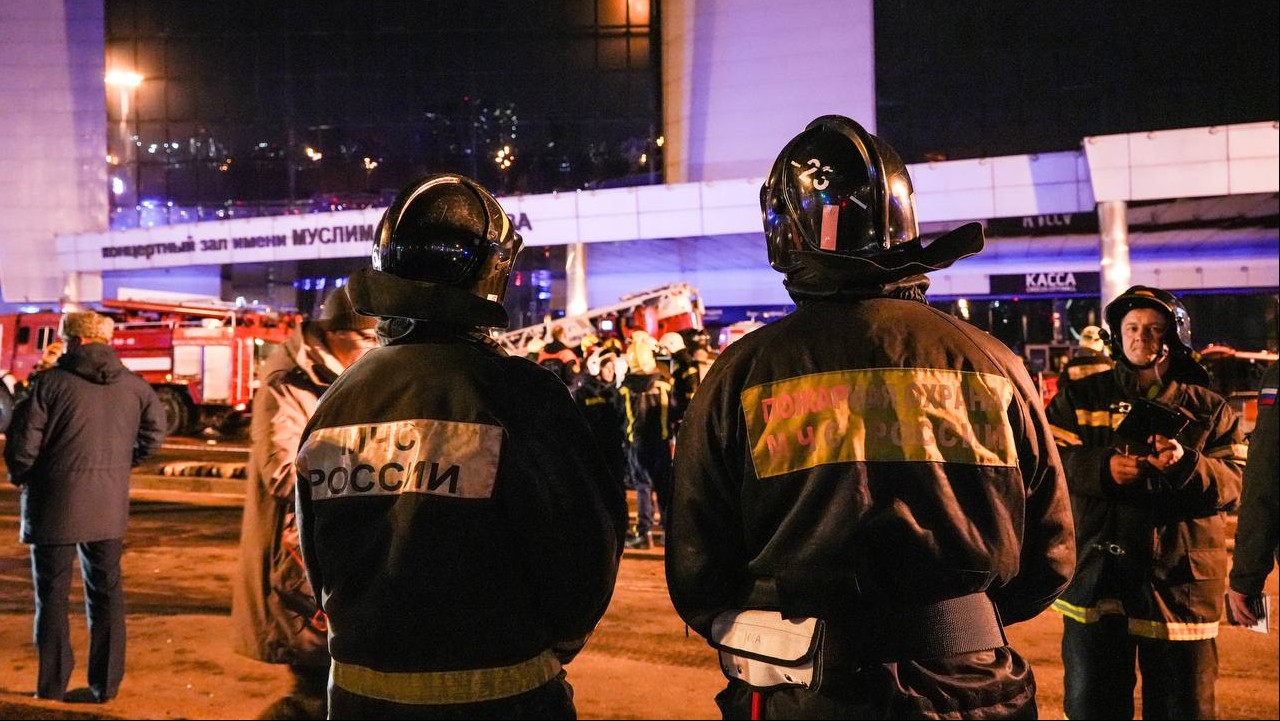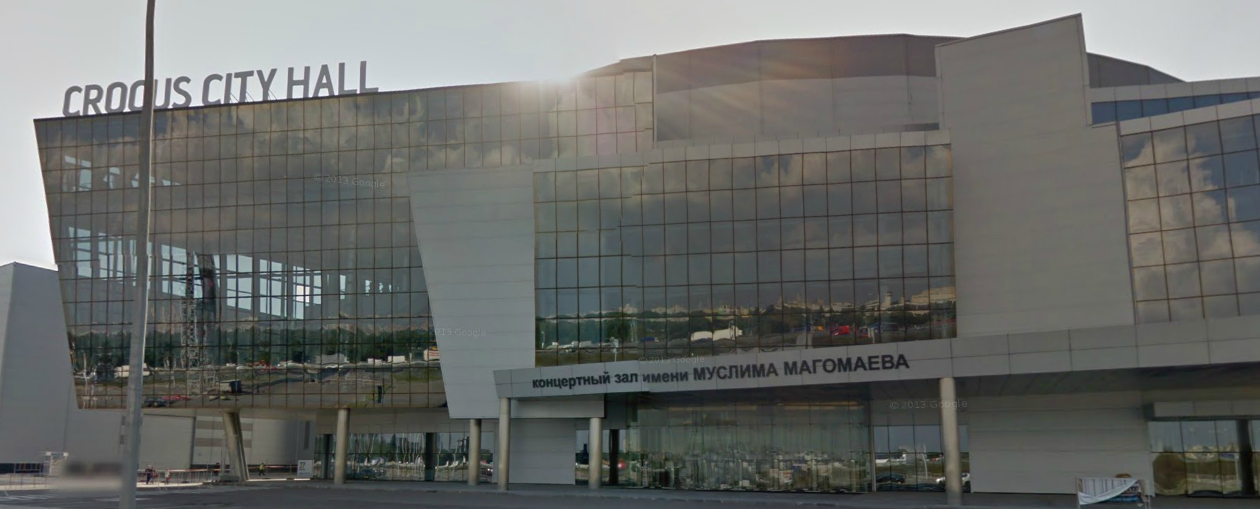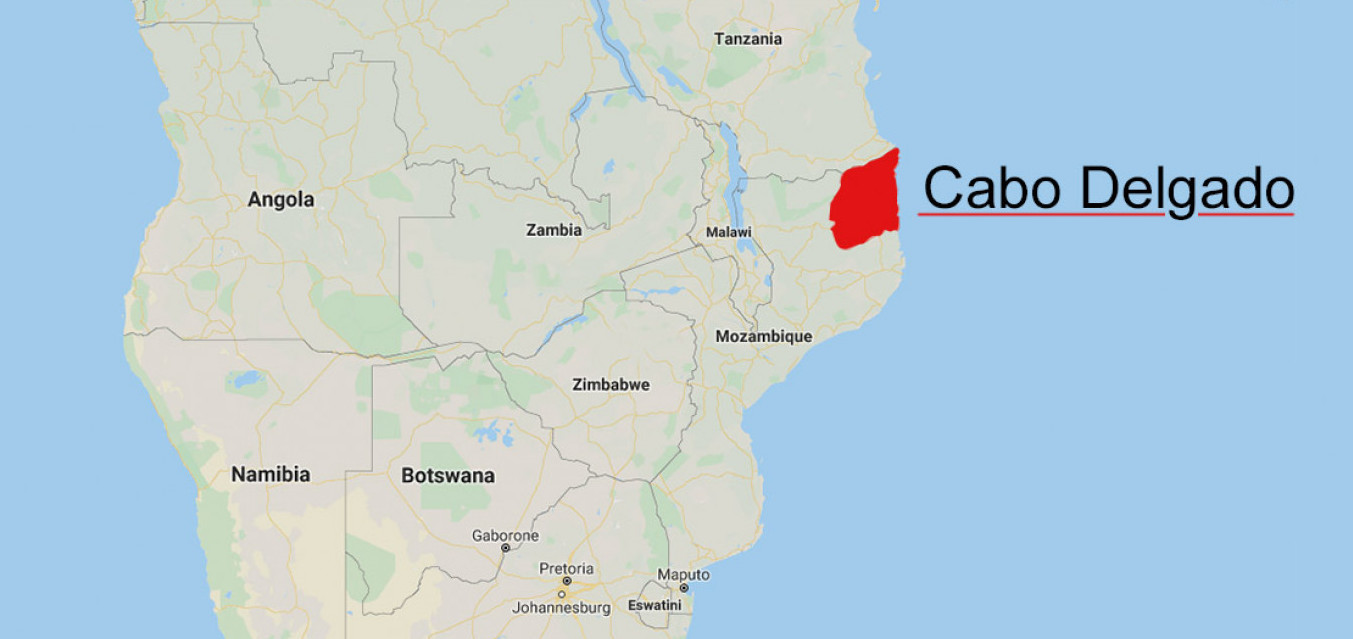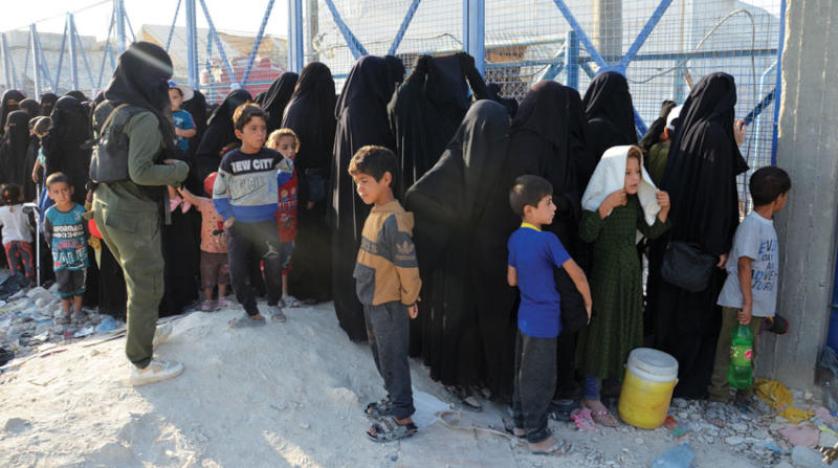
Syria: Kurdish zone enacts amnesty law
Amnesty International responded favorably to enactment of Amnesty Law No. 10 in the Kurdish-led Autonomous Administration of North & East Syria (AANES). The rights group commended the new law, which calls for a review of convictions under the regional administration’s expansive counter-terrorism laws. Aya Majzoub, Amnesty International’s deputy director for the Middle East, said: “The general amnesty law could reduce the sentences of Syrians convicted after unfair trials in the People’s Defence Courts, or, in some cases, offer them the chance to be free and resume their lives. Detainees were denied access to a lawyer and in many cases were subjected to torture or other ill-treatment to extract forced confessions.” Majzoub called on AANES authorities to expand the scope of the law to include Iraqi nationals convicted of collaborating with the Islamic State (ISIS). (Photo: SOHR)




